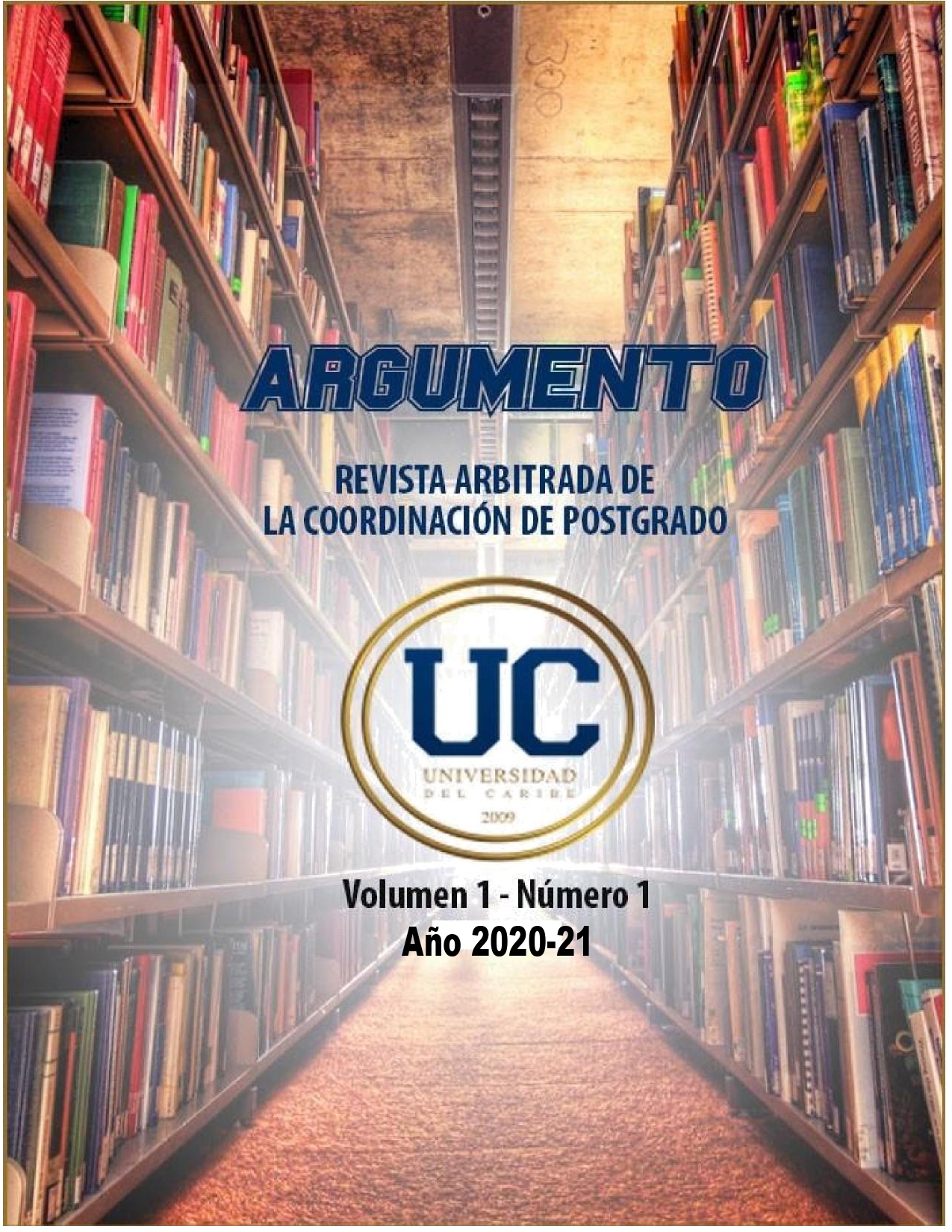About the epistemology of administrative and managerial sciences
Main Article Content
Section
Abstract
The objective of this paper is to analyze and reflect on the epistemology of administrative and managerial sciences. Some thinkers consider it a true social science and others do not attribute scientific status to it. We will show the different epistemological problems that must be faced by administrative science and managerial science, including its object of study, the methodology, the practice used in research. Administrative and Management Sciences reached their status as a science in the twentieth century, when Frederick Taylor (Taylor, 1985)presented the foundations and principles of scientific administration, at that time, the prevailing paradigm was positivism, therefore, administrative science should have used principles assumed by the natural sciences as: experimentation, observation, control of phenomenon, the use of mathematics, organized system of knowledge and others, which allowed him to be a science. Since that event the Administration and Management have continued their own development assuming emerging paradigms, from systems theory to complex thinking. From the epistemological crisis, the possibilities of integrating and complementing the different approaches are analyzed, from the positivism centered on the quantitative in an extreme to the normative with a qualitative approach, going through the whole range of epistemologies.

This work is licensed under a Creative Commons Attribution-NonCommercial 4.0 International License.
Downloads
Article Details
How to Cite
References
Alberto Parisí. (2008). Algunas reflexiones epistemológicas acerca de las ciencias sociales y la investigación cualtitativa. En Investigación cualtitativa en ciencias sociales (primera ed., pág. 236). Buenos Aires, Argentina: Cengage, Liarning.
Barrera, M. (2004). Modelos Epistémicos en Investigación. Fundación SYPAL, 100.
Bunge, M. (1999). Las ciencias sociales en discuisión. (H. Pons, Trad.) Buenos Aires, Argentina: Sudamericana.
Camacaro, P. (2010). Hacia la epistemología de la Gerencia. Contribuciones a la Economia. Collingwood, R. (1974). Idea de la Historia. México: Fondo de Cultura Económica. Damiani, L. (2005). Epistemología y ciencia en la modernidad: El traslado de la racionalidad de las ciencias fisico-naturalesa la ciencias sociales. . Caracas: FACES-UCV. 1a.
Diccionario, d. l. (2014). http://dle.rae.es.
Obtenido de http://dle.rae.es
Dilthey, W. (1996). Hermeneutecs and the study of history. Rudolf Markkeel.
Galindo, L. m. (2006). Administración y estilos de gestión. La clave de la competividad. (Vol. 1). México: Trillas, S.A. Hernández, Fernández y Baptista. (2010). Metodología de la Investigación (Vol. 5). Mexico: McGRAW-HILL / INTERAMERICANA EDITORES, S.A. DE C.V.
Hernández, J. V. (Julio-Diciembre de 2013). Acercamiento Dialógico a la epistemología de las Ciencias Administrativas. Revista de Economía & Administración, 10(2), 62.
Mas, J. L. (diciembre de 2008). Introducción al estudio del Estatus Epistemológico de las Ciencias Administrativas en Mario Bunge. Gestión en el Tercer Milenio., II (22), 11-17. Mendez, E. (2000). El Desarrollo de la Ciencia: Un enfoque Epistemológico. Revista Arbitrada Espacio Abierto, 9(4).
Morin, E. (1997). Introducción al pensamiento Complejo. Barcelona, España: Gedisa.
Rickert, H. (1965). Ciencia Cultural y Ciencia Natural (cuarta ed.). (M. G. Morente, Trad.) Madrid: Calpa, S.A.
Salas, M. E. (6 de octubbre de 2008). Antropología. Recuperado el Septiembre de 2017, de Antropología.
Sallán, J. (2010). La evaluación del impacto en programas de formación. Iberoamericana sobre la calidad, eficacia y cambio en Educación, 8(5), 7-25.
Taylor, F. (1985). Administración Científica (Vol. tercera edición). (A. Arrufat, Trad.) España: Orbis, S.A.
Weber, M. (1969). Economia y Sociedad (segunda edición ed.). México: Fondo de Cultura Económica.
Windelband, W. (1958). History of Philosophy. Alemania: Harper & Row.

